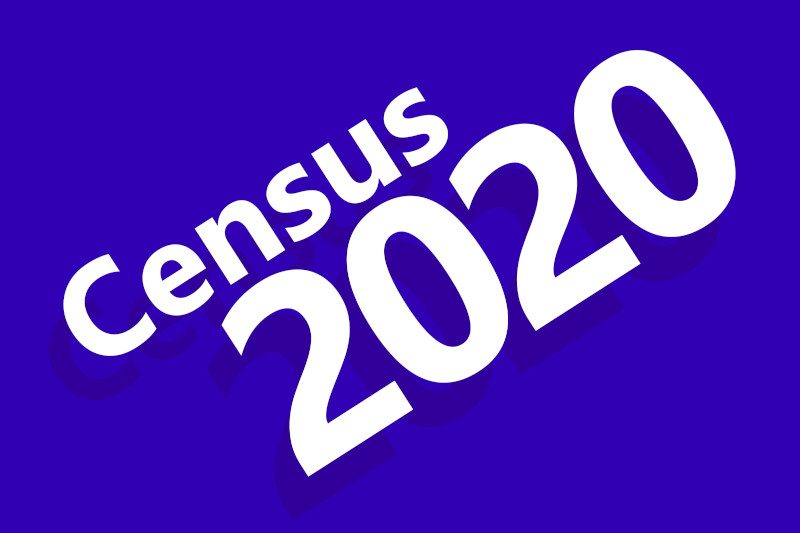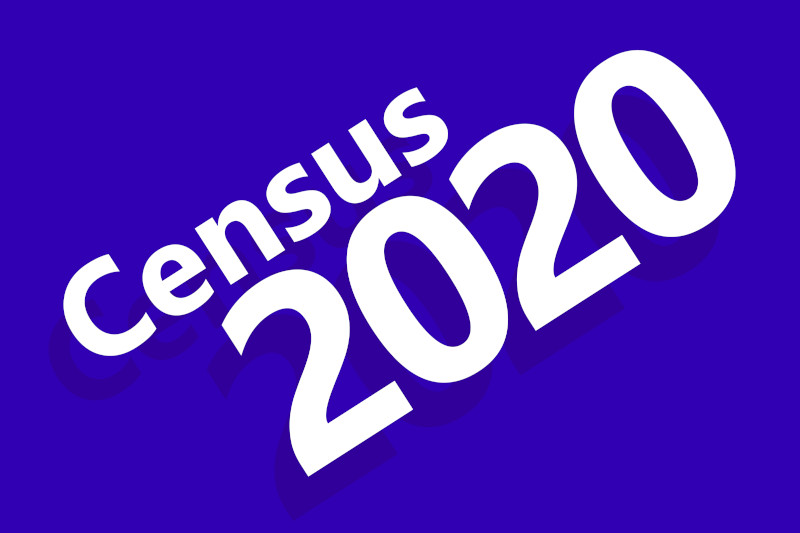The United States Bureau of the Census has announced that it is hiring for jobs performing the national census conducted every ten years.

“The U.S. Census Bureau is recruiting thousands of people across the country to assist with the 2020 Census count,” says the Census Bureau on its website. “Earn extra income while helping your community.”
The Bureau says positions available include, “census taker, recruiting assistant, office clerk, and supervisory staff.”
The Census Bureau website says that the hourly pay in Hartford County is $17 to $21. It says that, “The pay rate above represents the range of pay rates for both office and census taker positions. Census takers also receive reimbursement for work-related mileage and expenses, where applicable.”
The Census Bureau has a websites explaining the jobs and how to apply at 2020census.gov/en/jobs.html in English and 2020census.gov/es/jobs.html in Spanish.
“The results of the 2020 Census will help determine each state’s representation in Congress,” the Census Bureau say, “as well as how certain funds are spent for schools, hospitals, roads, and more. This is your chance to play a part in history and help ensure that everyone in your community is counted!”
The Urban Institute estimates that African Americans in Connecticut are at risk of being undercounted in the 2020 Census by 3.65%, apparently meaning that the Census could fail to count some 17,200 African Americans.
The Urban Institute estimates that Latino and Latina residents of Connecticut could be undercounted by 3.48%, apparently meaning that 21,500 Latino and Latina residents will not be counted.
On the other hand, the Urban Institute estimates suggest that non-Hispanic whites could be overcounted, perhaps counting 5,500 more whites than actually live in Connecticut.
The Urban Institute explains its analysis, saying that, “Demographic changes over the last decade suggest that the population in 2020 will be harder to enumerate. Hard-to-count groups—including complex households, renters, young children, immigrants, and people of color—will represent a larger share of the population in 2020 than they did in 2010.”
The Urban Institute says that,
To counter the challenge of enumerating a nation that is harder to count, the 2020 Census will introduce operational changes like internet self-response to boost responses and the use of administrative records to fill in information for the missing population. Not only are these new additions insufficiently tested in a decennial census environment, but the best evidence suggests they will disproportionately improve the count of those who are already easiest to count, leaving the hard-to-count population a lingering challenge. In fact, our medium-risk scenario—where we assume the 2020 Census will perform exactly as anticipated—projects a less accurate count than that of 2010 precisely because of these changes.
Saying that, “political discourse about immigration and the citizenship question has created a potential chill among some groups in the country, including those who are Hispanic/Latinx-identified and immigrants,” the Urban Institute adds that, “When entire communities are underrepresented in their count, they do not receive their rightful political voice or fair share of funding.”




